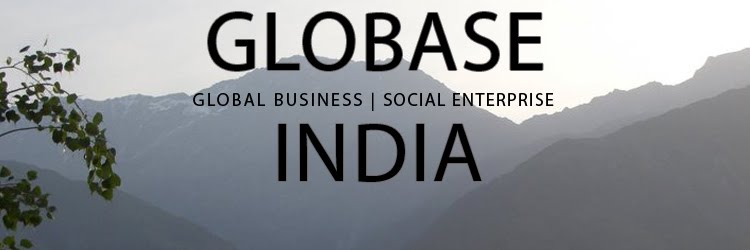

Microfinance is back from India and we had an amazing trip! We learned so much during our time at CORD, specifically the needs of the Self Help Groups. We met with a handful of groups over our three days spent out in the field. We met with “A” rated groups, defaulting groups and everything in between. The stories of success were heartwarming while the stories of distress were heart wrenching. We met some amazing entrepreneurs who were running their own shops, starting their own insurance business, renting out their homes to college students and sending their own children off to college and graduate school. One of the key take-a-ways that we gained from our trip was each and every woman’s desire to create a better life for their children. The women wanted their children to go off to college and become strong, independent individuals. Another important discovery that we uncovered was the lack of understanding by the Self Help Groups of what CORD offered for them. We proposed semi-annual newsletters as well as survey sheets to help the women become better informed about classes that CORD offers for them as well as the opportunity for the women to offer feedback to CORD about their needs and interests. Another interesting finding that we encountered was that many defaulting groups were defaulting due to tragedies that occurred within the family and not because of failing businesses. Two of the women had extensive hospital bills due tragic accidents that occurred to their husbands. Instead of paying back their outstanding loans with the Self Help Group, they were putting every penny into hospital bills and keeping their family afloat. In total, we came back from India with an amazing appreciation for all that these village women and CORD do and were beyond thrilled with our experience.

